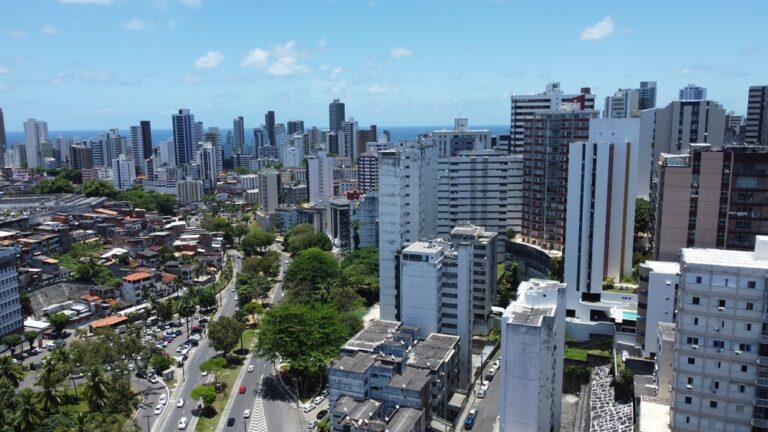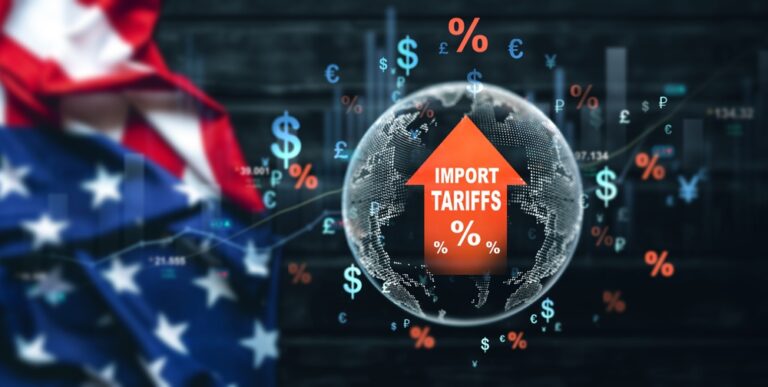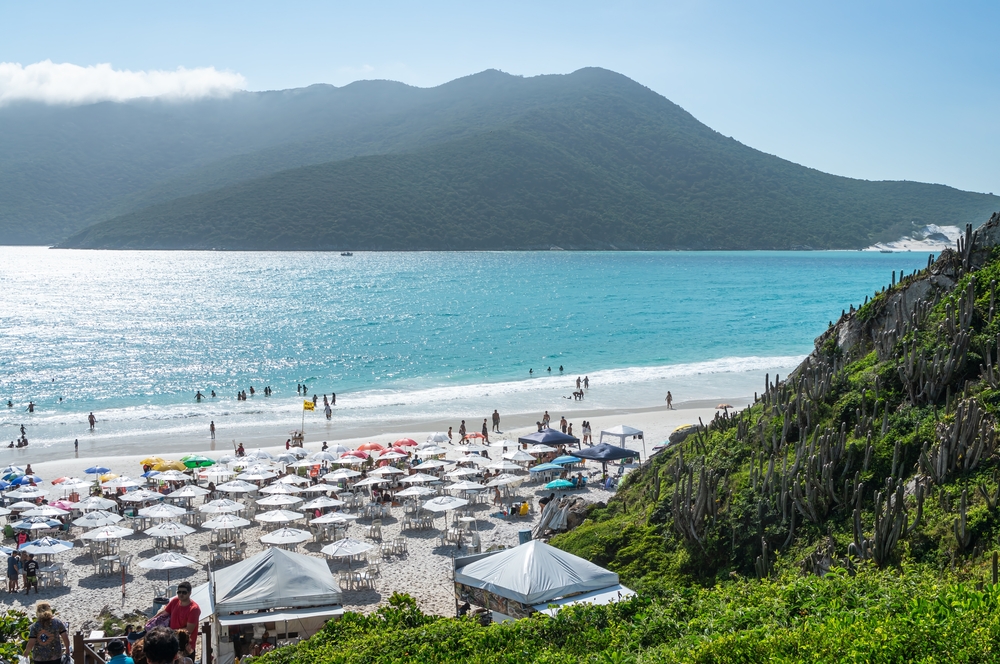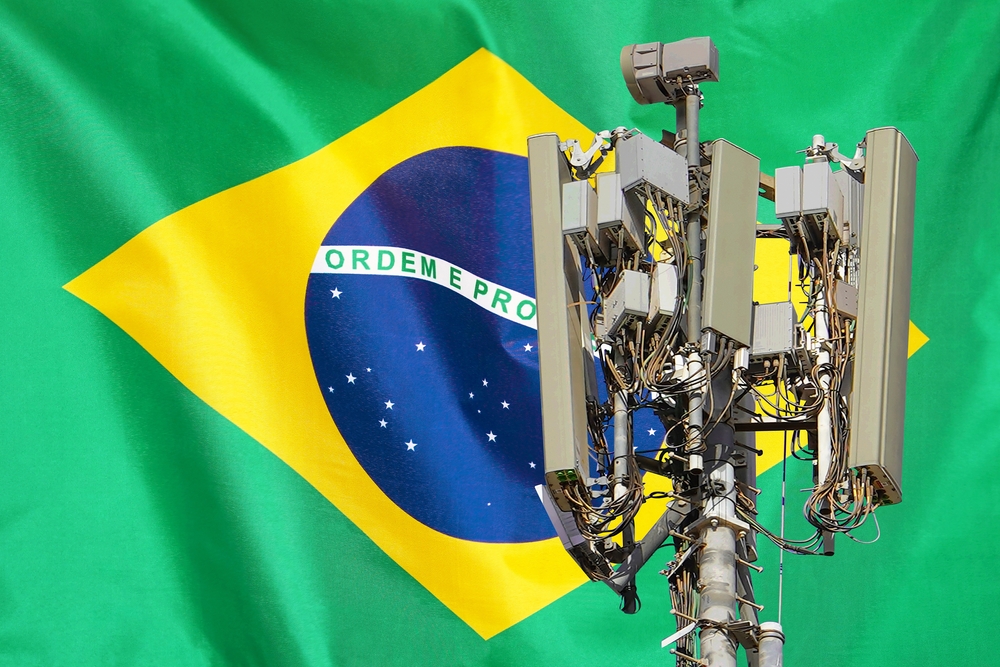Table of Content
ToggleIntroduction
The recent imposition of a 10% tariff by the United States on Brazilian exports has introduced a complex dynamic for Brazil’s oil industry. While this move poses serious challenges, it also unveils potential opportunities in the shifting landscape of global trade. This article explores the key implications of these tariffs, Brazil’s governmental response, potential alternative markets, and the long-term outlook for the Brazilian oil sector.
Key Takeaways
- The U.S. has imposed a 10% tariff on Brazilian exports, affecting oil trade directly.
- Brazil is considering WTO action and national countermeasures.
- China’s increased demand for Brazilian oil may offer a lifeline.
- Long-term diversification and new trade strategies will be critical for Brazil.
Background: The 10% U.S. Tariff Policy
On April 2, 2025, President Donald Trump officially introduced a 10% baseline tariff on goods from several countries under the “Liberation Day” initiative. The goal of this blanket policy was to enforce reciprocal trade conditions and to reduce the longstanding U.S. trade deficit. While many countries were hit with higher rates, Brazil received the minimum, yet significant, tariff. This policy instantly disrupted sectors like agriculture, technology, and most notably — energy.
Immediate Impact on Brazil’s Oil Sector
The U.S. has historically been one of Brazil’s largest buyers of crude oil. With the new tariff, Brazilian oil becomes more expensive for U.S. refineries, reducing its competitiveness. While the 10% rate is not as punishing as higher-tier tariffs on other countries, it still creates pressure on Brazilian oil exporters to either renegotiate terms or look for new buyers.
Brazil’s Governmental Response
Brazil’s Ministry of Foreign Affairs has already declared that it is evaluating “all possible actions.” This includes the filing of a complaint with the World Trade Organization (WTO) and the drafting of national counter-tariffs on selected U.S. goods. A new legislative framework passed earlier in 2025 allows Brazil to respond swiftly to unilateral trade restrictions.
Shifting Markets: China and Beyond
One of the more promising developments amidst the turmoil has been the increased interest from China. Facing its own issues with U.S. energy sanctions and import duties, China has ramped up purchases of Brazilian and West African crude. This creates an opportunity for Brazil to realign its exports toward the East, potentially stabilizing revenue lost from U.S. buyers.
Moreover, Brazil is also eyeing deals with India, Southeast Asia, and even the European Union. Diversifying trade partners is now seen not just as a growth strategy but as a resilience mechanism against political shocks.
Long-Term Strategy: What Comes Next?
Analysts believe that Brazil must now double down on long-term structural strategies:
- Strengthen and formalize new trade agreements outside the U.S.
- Modernize production and logistics to reduce export costs.
- Invest in oil refining infrastructure to produce higher-value products locally.
- Engage diplomatically through OPEC+ and regional blocs to reduce market risk.
The Brazilian Petroleum Institute (IBP) has also encouraged oil companies to invest in sustainability and innovation, hoping to attract more stable long-term partnerships, particularly with climate-conscious buyers in Europe and Asia.
Conclusion
Although the U.S. tariffs represent a significant disruption, they may catalyze a new phase of resilience and diversification in Brazil’s oil sector. By redirecting exports, strengthening new alliances, and pursuing WTO mechanisms, Brazil has the tools to not only weather the storm but potentially thrive in a rebalanced global oil market.
FAQ
1. Why did the U.S. impose tariffs on Brazil?
The U.S. introduced a 10% tariff under President Trump’s “Liberation Day” initiative, aimed at creating fairer trade balances and reciprocating foreign tariffs on U.S. goods.
2. How badly is Brazil’s oil industry affected?
Though Brazil was spared harsher rates, the 10% tariff affects its competitiveness in the U.S. market. The overall damage depends on Brazil’s ability to reroute exports elsewhere.
3. What is Brazil doing in response?
Brazil is considering filing a WTO complaint and implementing its own tariffs on U.S. products. A new domestic law allows rapid trade retaliation.
4. How important is China now?
Very. China is now increasing its imports of Brazilian crude due to its own conflict with the U.S. Brazil sees this as a major opportunity to expand and diversify exports.
5. Will Brazil join more oil alliances like OPEC+?
Brazil has announced intentions to join OPEC+ as an observer and is looking to coordinate more closely with other major oil-exporting countries to protect its interests.











